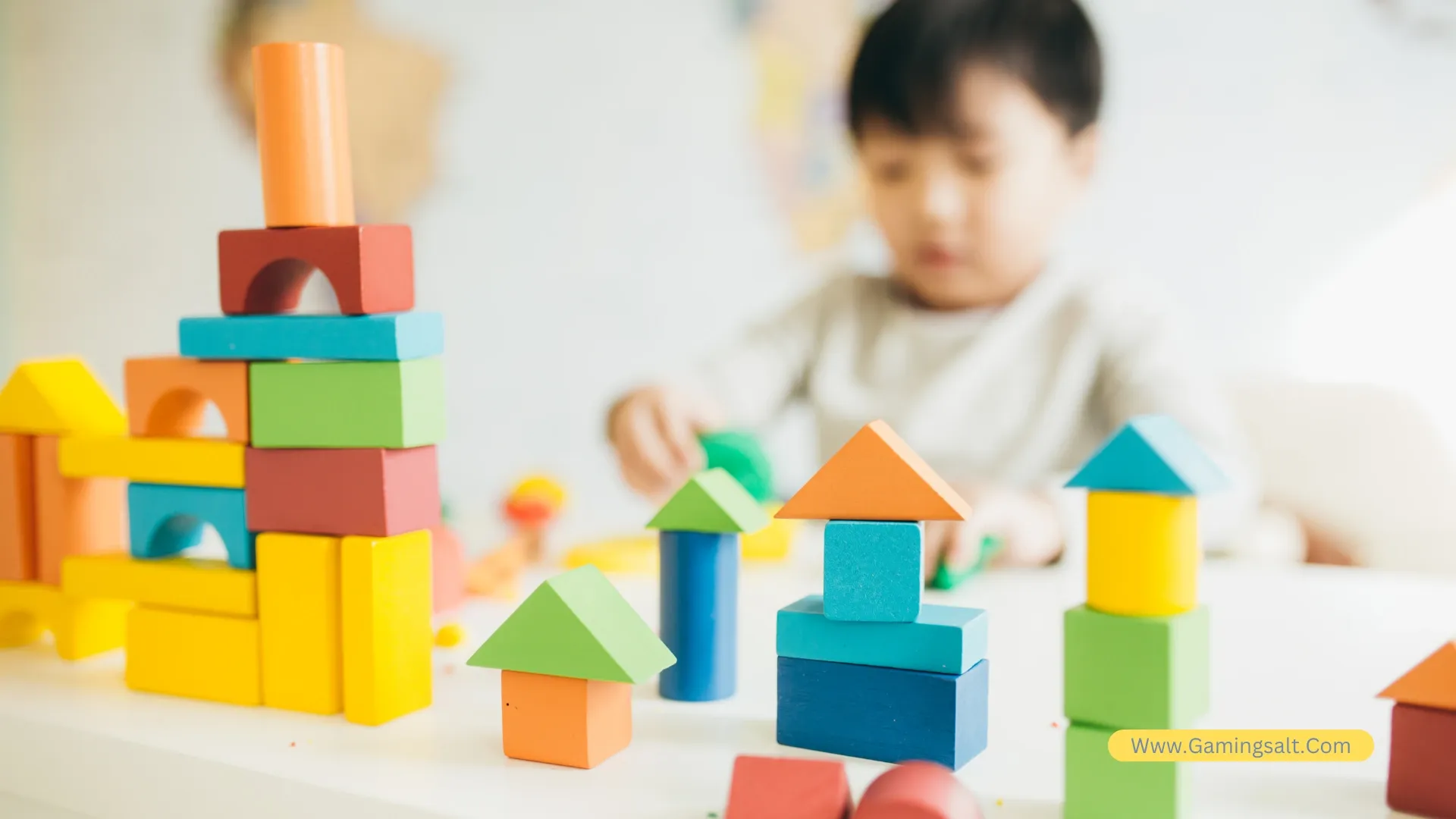Games have been an integral part of human culture and society for centuries, transcending age, gender, and nationality. From traditional board games to video games, they offer entertainment and joy that captivates us from childhood to adulthood. However, games are not merely a means of amusement; they hold significant importance in shaping our cognitive, social, and emotional development. In this essay, we will delve into the multifaceted Importance of Games in Human Life and understand why they are more than just pastimes.
Importance of Game:
Since the dawn of human civilization, games have played a pivotal role in our lives. From ancient board games to modern video games, they have captivated our attention and provided us with moments of enjoyment. However, the importance of games goes far beyond mere amusement. In this essay, we will delve into the multifaceted benefits of games, exploring their educational, social, psychological, and physical significance. By gaining a comprehensive understanding of the value that games bring to our lives, we can fully appreciate their importance and embrace them as a vital aspect of the human experience.
The Power of Play:
Games and Brain Development:
Human beings are born with an innate desire to explore, learn, and play. Games provide an environment where we can exercise our cognitive skills and enhance brain development. Whether it's solving puzzles, strategizing in chess, or reacting quickly in video games, our brains are constantly challenged and stimulated. Research suggests that playing games improves memory, attention span, problem-solving abilities, and cognitive flexibility. By engaging in various games, we strengthen neural connections and improve our overall cognitive functioning.
Learning through Games:
Games provide an engaging platform for learning. Educational games, such as math puzzles, language quizzes, and science simulations, make the learning process interactive and enjoyable. They transform mundane subjects into exciting adventures, encouraging students to explore and discover knowledge on their own. Moreover, games promote critical thinking, creativity, and decision-making skills. Through trial and error, players learn to analyze situations, develop strategies, and make informed choices, applying skills in the virtual world and real-life scenarios.
Social and Emotional Development:
Building Relationships:
Games are an excellent medium for fostering social connections and building relationships. Whether it's a family game night, multiplayer video games, or sports activities, games bring people together, promoting communication, teamwork, and cooperation. They create shared experiences and provide a platform for bonding and strengthening relationships. From childhood playdates to adult social gatherings, games act as catalysts, breaking the ice and bridging the gaps between individuals.
Emotional Well-being:
Games play a significant role in our emotional well-being by providing an outlet for stress, anxiety, and emotional release. Playing games offers a break from the pressures of everyday life, allowing us to unwind and relax. Whether it's through the thrill of competition, the joy of achievement,t or the laughter shared with friends, games evoke positive emotions and contribute to our overall happiness. They act as a source of escapism, enabling us to temporarily step away from our worries and immerse ourselves in a world of fun and enjoyment.
Section 3: Skills for Life:
Developing Life Skills:
Games impart valuable life skills that go beyond the realm of entertainment. They teach us perseverance, patience, and resilience by presenting challenges and obstacles that require dedication and effort to overcome. Whether it's trying to beat a challenging level in a video game or practicing a specific move in a sport, games instill the importance of persistence and the belief that hard work leads to progress. Additionally, games teach us how to handle success and failure gracefully, fostering a growth mindset and preparing us for real-life situations.
Promoting Physical Fitness:
Physical games, such as sports and outdoor activities, contribute to our physical well-being. They encourage physical exercise, improve coordination, and promote an active lifestyle. In a world increasingly dominated by sedentary activities, games offer an avenue for movement and physical exertion, combating the adverse effects of a sedentary lifestyle. Regular participation in games not only enhances our physical fitness but also provides an opportunity to enjoy the outdoors, breathe fresh air, and connect with nature.
Conclusion:
Games hold immense significance in our lives, influencing our cognitive abilities, social interactions, emotional well-being, and the development of life skills. They go beyond mere amusement, offering a holistic approach to personal growth and enrichment. By recognizing the multifaceted benefits of games and incorporating them into our lives, we can tap into their transformative power and embrace the joy and value they bring. So, let us celebrate the importance of games and cherish the moments of playfulness that add color and vitality to our existence.

